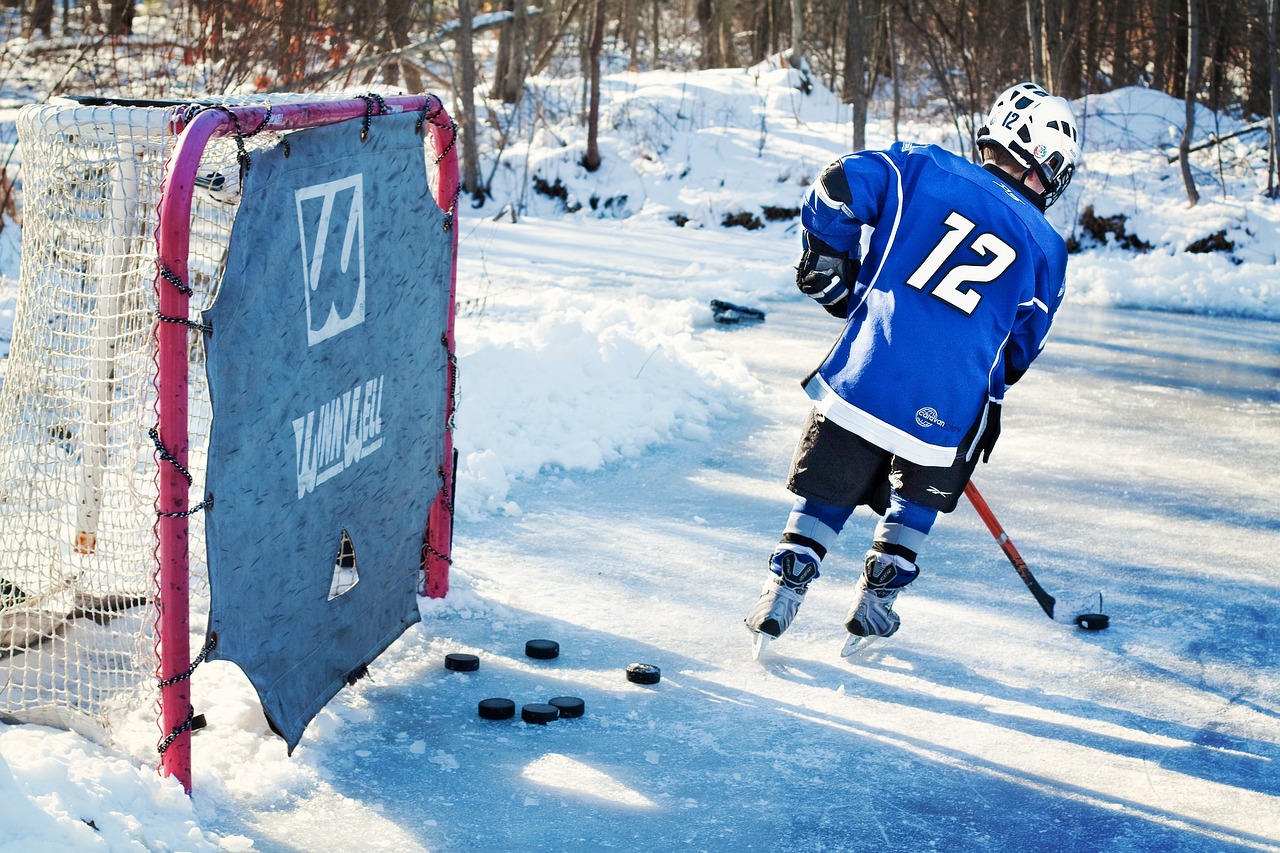Exploring the Types of Ice Hockey Preseason Camps and Their Benefits

As we begin to approach the latter part of Summer, the anticipation for the ice hockey season begins to build. For players of all levels, from youth to professional, preseason camps are a crucial part of the preparation process. These camps are designed to get athletes back into peak condition, hone their skills, and build team chemistry. In this post, we’ll explore the various types of ice hockey preseason camps and delve into the unique benefits each offers. At the end, we’ll even offer up a suggestion for an easy to use tool to make it super easy to manage both the administration and expense of running a camp/session like this.
1. Skill Development Camps
Overview: Skill development camps focus on enhancing the fundamental skills of hockey players. These camps typically include drills for skating, stickhandling, shooting, and passing.
Benefits:
- Improved Technique: Players receive detailed instruction and feedback on their techniques, allowing them to correct any flaws and enhance their overall game.
- Increased Confidence: Mastering fundamental skills boosts players’ confidence, making them more effective and assertive during games.
- Personalized Attention: These camps often feature a lower coach-to-player ratio, ensuring that each participant receives personalized attention.
2. Conditioning Camps
Overview: Conditioning camps are designed to get players into top physical shape before the season starts. These camps emphasize cardiovascular fitness, strength training, and endurance.
Benefits:
- Enhanced Stamina: Players build the endurance needed to maintain high levels of performance throughout the game.
- Injury Prevention: Proper conditioning reduces the risk of injuries by preparing the body for the physical demands of the sport.
- Better Performance: Players who are in peak physical condition can execute plays more effectively and maintain their energy levels throughout the game.
3. Position-Specific Camps
Overview: These camps focus on the specific skills required for different positions, such as forwards, defensemen, and goaltenders. Each camp tailors its training to the unique demands of the position.
Benefits:
- Specialized Training: Players receive coaching that is tailored to their specific roles on the team, enhancing their performance in their designated positions.
- Focused Skill Development: Position-specific drills help players develop the nuanced skills needed for their roles, such as defensive strategies for defensemen or save techniques for goaltenders.
- Better Understanding of Role: Players gain a deeper understanding of their responsibilities and how to excel in their positions, which contributes to overall team success.
4. Team-Building Camps
Overview: Team-building camps emphasize the importance of chemistry and collaboration among teammates. These camps include a mix of on-ice and off-ice activities designed to strengthen team bonds.
Benefits:
- Enhanced Communication: Activities are designed to improve communication skills among teammates, which is crucial for effective gameplay.
- Stronger Team Bonds: Players build trust and camaraderie, leading to a more cohesive and united team.
- Leadership Development: These camps often include exercises that help players develop leadership skills, which can translate to better on-ice performance and team dynamics.
5. Elite Camps
Overview: Elite camps are geared towards high-level players who are looking to take their game to the next level. These camps often feature advanced drills, intense training sessions, and opportunities to compete against top-tier talent.
Benefits:
- Exposure to High Competition: Players get the chance to compete against and learn from other elite athletes, pushing them to elevate their own game.
- Advanced Techniques: Participants learn advanced techniques and strategies that are often used at higher levels of play.
- Networking Opportunities: These camps provide a platform for players to showcase their skills to scouts and coaches, potentially opening doors for future opportunities.
6. Youth Camps
Overview: Youth camps cater to younger players, focusing on basic skills, fun, and the love of the game. These camps balance instruction with recreational activities to keep young athletes engaged.
Benefits:
- Skill Foundation: Young players develop a strong foundation in the basic skills of hockey, setting them up for future success.
- Enjoyment of the Game: By making learning fun, these camps help foster a lifelong love for hockey.
- Positive Social Experience: Youth camps provide an opportunity for young players to make new friends and develop social skills in a supportive environment.
Conclusion
Ice hockey preseason camps come in many forms, each offering unique benefits to players. However, regardless of the type of camp, there is likely an expense (time, ice rental, etc) and administrative burden that needs to be managed – and often this is seen as a ‘hill not worth climbing’. That’s where NetCamps comes in as a great option.
With no upfront expense or commitment, and no downloads required, NetCamps is purposefully designed by former athletes and coaches to be easy to use and effective. You get everything you need to promote and capture registrations/payments for a camp/session. The cost is very reasonable; there is a fee that is only assessed on each registration payment. It can be deducted from the payment or added on top so the registrant pays the fee. So you can be sure you aren’t overspending for what you need because you are only charged when you collect payments. And if you are looking for a bit more in functionality, a low $15/mo payment will get you access to 10 premium features worth $1000’s of value – like skill assessment tools and team assignments.
Whether it’s improving fundamental skills, building physical fitness, or fostering team unity, these camps play an essential role in preparing athletes for the season ahead. By understanding the different types of camps available, players and their families can make informed decisions to ensure they get the most out of their preseason training.